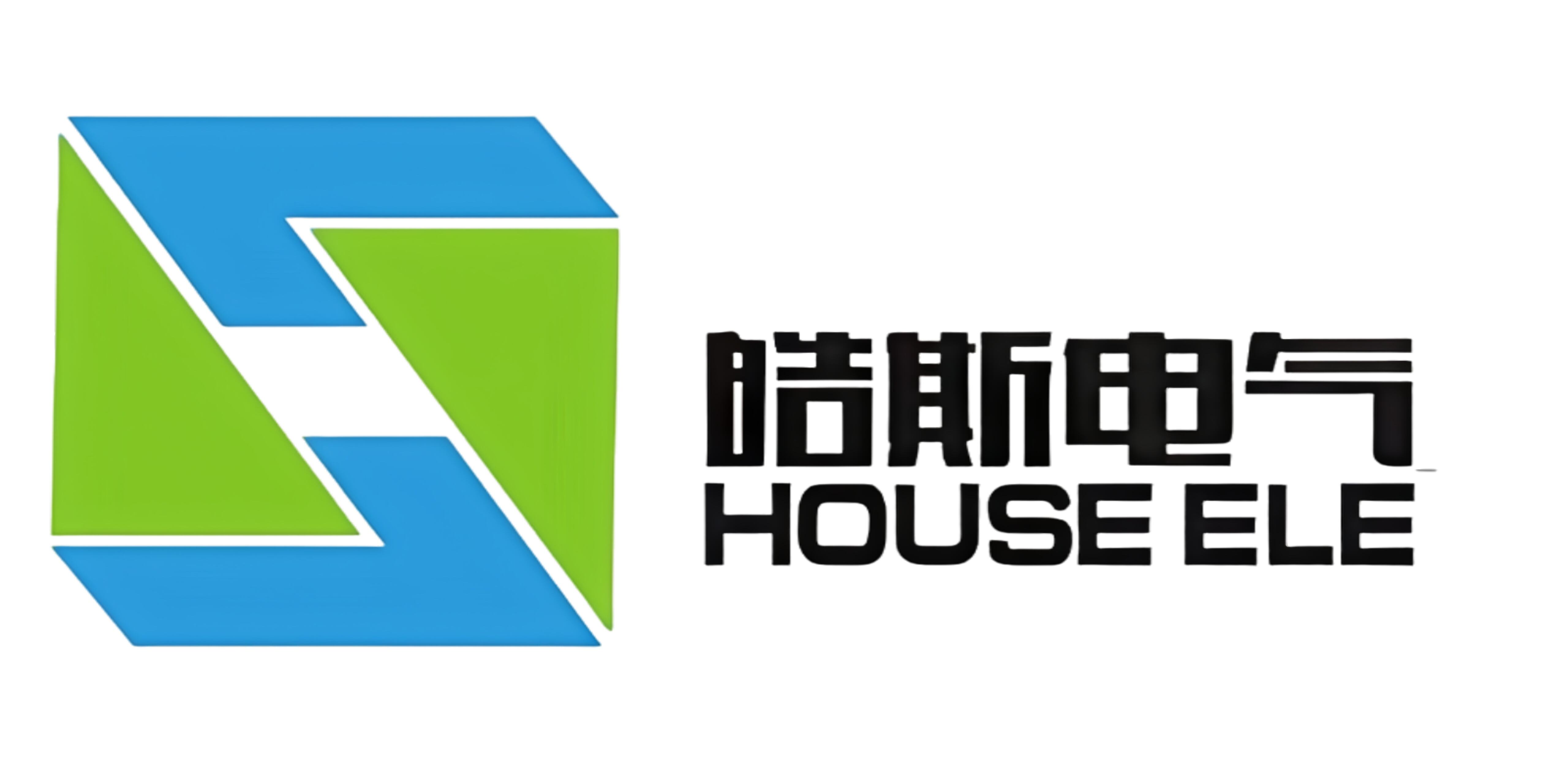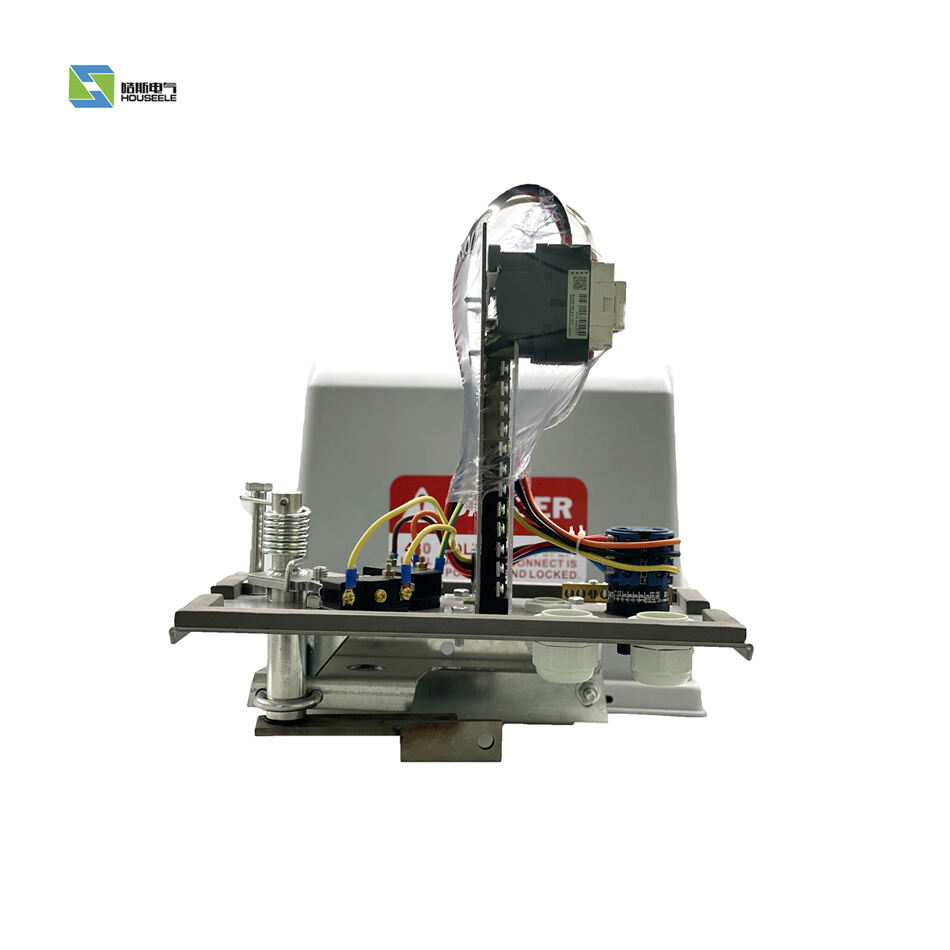Rola pudelkek wieżowych w nawadnianiu rolniczym
Nawadnianie rolne jest kluczowym aspektem nowoczesnego rolnictwa, zapewniając, że uprawy otrzymują niezbędną ilość wody do optymalnego wzrostu. Wśród różnych metod nawadniania pudła wieżowe wyłoniły się jako istotny element zwiększający efektywność i skuteczność. Artykuł ten analizuje rolę pudelcek wieżowych w nawadnianiu rolniczym, badając ich funkcjonalność, korzyści oraz najnowsze trendy w branży.
Rozumienie pudelcek wieżowych: Podstawy
Pudełka wieżowe to specjalistyczne systemy nawadniania zaprojektowane do równomiernego rozprowadzania wody na dużych polach rolniczych. Te konstrukcje są zazwyczaj podniesione, wykorzystując siłę grawitacji do ułatwienia dystrybucji wody. Ten mechanizm oparty na grawitacji stanowi istotną odmianę od tradycyjnych metod nawadniania, które często polegają na energochłonnych pompach. Usuwając potrzebę ciągłego pompowania, pudełka wieżowe mogą znacząco obniżyć koszty energii związane z nawadnianiem. Na przykład, na dużym gospodarstwie uprawiającym pszennicę w środkowo-zachodnich Stanach Zjednoczonych, wprowadzenie systemów nawadniania pudełkowych wieżowych spowodowało 30% obniżkę zużycia energii w porównaniu z ich poprzednimi systemami opartymi na pompach.
Projekt pudel wieżowych umożliwia gładki przepływ wody z centralnego punktu magazynowania do każdego rogu pola. Dzięki temu woda dociera nawet do najbardziej oddalonych obszarów, minimalizując marnotrawstwo i optymalizując użycie zasobów. Wysokość pudel wieżowych może być dostosowywana w zależności od rozmiaru i układu pola, oferując elastyczne rozwiązanie dla różnych wymagań rolniczych.
Przystosowalność: Przezwyciężanie wyzwań terenu
Jednym z kluczowych zalet stosowania pudel wieżowych w nawadnianiu rolniczym jest ich zdumiewająca przystosowalność do różnych terenów. Rolnicy często napotykają istotne wyzwania związane z nierównym gruntem lub różnorodnymi typami gleby. W rejonach pagórkowatych, na przykład, tradycyjne metody nawadniania mogą mieć problem z zapewnieniem jednolitego rozkładu wody, co prowadzi do sytuacji, że niektóre obszary są przewleczane, podczas gdy inne pozostają suche. Pudła wieżowe można jednak dostosować, aby uwzględnić te różnice terenowe.
W ramach studium przypadku przeprowadzonego w górskich rejonach Nepalu, gdzie teren jest bardzo nierówny, zainstalowano systemy nawadniania z użyciem wieżowych zbiorników. Poprzez staranne dostosowywanie wysokości i kąta nachylenia tych wieżowych zbiorników, farmerzy mogli zapewnić, że każda uprawa, czy to ryż na niższych terasach, czy warzywa na wyższych stokach, otrzymuje odpowiednią ilość wody. Ta adaptacyjność nie tylko poprawiła plony średnio o 25%, ale również promowała zrównoważone praktyki rolnicze za pomocą oszczędzania zasobów wodnych. Umiejętność dostosowywania się do różnych typów gleb jest również kluczowa. Gleby piaskowe na przykład wymagają częstszych, lecz mniej intensywnych podlewań, podczas gdy gleby gliniaste potrzebują mniej częstych, ale głębszych nawadnień. Wieżowe zbiorniki mogą być programowane tak, aby dostarczać wodę w sposób odpowiadający konkretnym potrzebom każdego typu gleby.
Precyzyjne zarządzanie wodą: Rola zaawansowanej technologii
Pudełka wieżowe są wyposażone w zaawansowaną technologię, która umożliwia precyzyjne zarządzanie wodą. Wiele nowoczesnych systemów obejmuje czujniki monitorujące poziom wilgotności gleby i warunki pogodowe w czasie rzeczywistym. Te czujniki są często połączone z centralną jednostką sterującą, która przetwarza dane i oferuje rolnikom cenne wglądy. Na przykład, jeśli czujniki wilgotności gleby wykryją, że gleba jest jeszcze względnie mokra z powodu ostatnich opadów deszczu, system może automatycznie odłożyć następną cykl podlewania, zapobiegając przelaniu.
Ponadto, czujniki monitorujące pogodę mogą przewidywać nadchodzące zmiany warunków atmosferycznych. W regionach podatnych na nagłe fale upał, system może zwiększyć częstotliwość nawadniania w oczekiwaniu na te zjawiska, co zapewnia, że uprawy nie będą cierpiać z powodu braku wody. Ten poziom precyzji pomaga w redukowaniu marnotrawstwa wody i wzmacnia ogólną efektywność praktyk nawadniania. Badanie przeprowadzone w regionach upraw bawełny w Australii wykazało, że gospodarstwa korzystające z systemów wieżowych z zaawansowanymi czujnikami zmniejszyły zużycie wody o 18%, jednocześnie utrzymując lub nawet zwiększając plony bawełny. W rezultacie, farmerzy mogą osiągnąć wyższą produktywność, jednocześnie przyczyniając się do zrównoważonego rozwoju środowiska.
Korzyści ekonomiczne: Rozsądne inwestycje
Oprócz praktycznych korzyści, budynki wieżowe zapewniają również znaczące korzyści ekonomiczne. Dzięki zmniejszeniu zużycia wody i kosztów energii rolnicy mogą znacznie obniżyć koszty operacyjne. Jest to szczególnie ważne w regionach, w których niedobór wody jest pilnym problemem, takimi jak części Bliskiego Wschodu i Afryki Północnej. W tych regionach koszty wody stale rosną, a każda technologia, która może pomóc w oszczędzaniu wody, stanowi dużą szansę na oszczędność.
Początkowe inwestycje w systemy wieżowe mogą się wydawać wysokie, ale mogą zostać zrekompensowane długoterminowymi oszczędnościami na wodzie i energii. Na przykład mały producent warzyw w Jordanii obliczył, że w ciągu pięciu lat od zainstalowania systemu nawadniania wieżowego oszczędności w zakresie wody i kosztów energetycznych nie tylko pokryły początkowe inwestycje, ale również wygenerowały dodatkowy zysk. Ponadto wyższe plony wynikające z bardziej efektywnego nawadniania oznaczają większy przychód dla farmerów. To czyni wieże boxowe finansowo opłacalnym rozwiązaniem dla wielu działalności rolniczych, niezależnie od ich rozmiaru.
Trendy branżowe: Przyszłość wieżowych boxów
W przyszłości przemysł rolniczy obserwuje istotną zmianę w kierunku bardziej zrównoważonych i efektywnych rozwiązań do nawadniania. Wieżowe skrzynie znajdują się na czele tej tendencji, ponieważ doskonale odpowiadają rosnącej potrzebie przyjaznych ekologii praktyk uprawy. Innowacje technologiczne mają dalej poprawić możliwości wieżowych skrzyń. Na przykład, integracja sztucznej inteligencji (SI) w systemy wieżowych skrzyń jest już w zasięgu. Algorytmy SI mogą analizować ogromne ilości danych ze czujników gleby, stacji meteorologicznych i modeli wzrostu roślin, aby zoptymalizować harmonogramy nawadniania z jeszcze większą precyzją.
Kolejnym rozwijającym się trendem jest wykorzystanie źródeł energii odnawialnej do zasilania systemów pudłów wieżowych. Pudła wieżowe napędzane przez słoneczne są już testowane w niektórych regionach, oferując czyste i zrównoważone rozwiązanie energetyczne dla nawadniania. W miarę jak te technologie będą się dalej rozwijać i stawać bardziej dostępnymi finansowo, pudła wieżowe staną się jeszcze skuteczniejsze w zarządzaniu wodą i produkcji upraw, zapewniając, że praktyki rolnicze pozostaną produktywne i odpowiedzialne ekologicznie na dłuższą metę.
Wniosek: pudła wieżowe odgrywają istotną rolę w nowoczesnym nawadnianiu rolniczym, oferując efektywne, przystosowalne i zrównoważone rozwiązania dystrybucji wody. W miarę ewolucji branży, dalsza integracja zaawansowanych technologii prawdopodobnie uczyni z pudła wieżowych kluczowego gracza w przyszłości rolnictwa.


